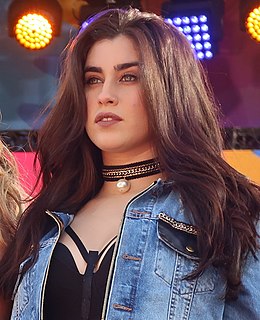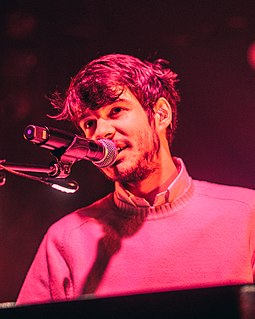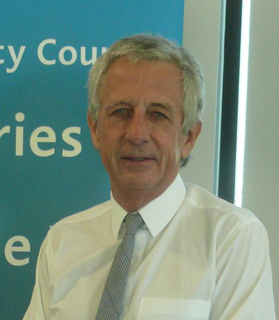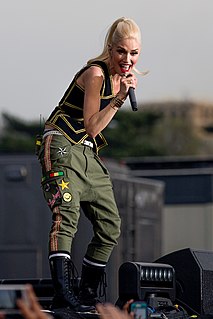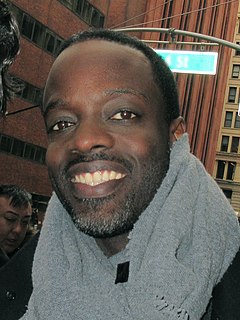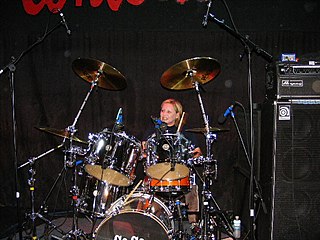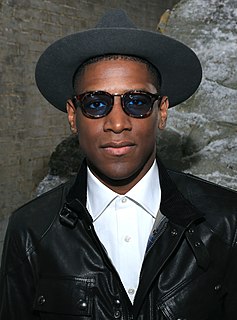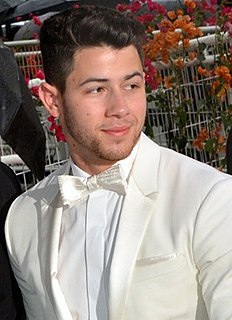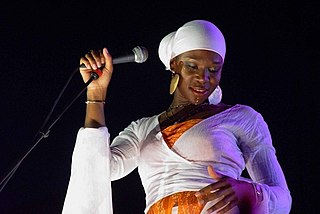A Quote by John Legend
In the 1970s, for all the Stevie Wonders, I'm sure there were five artists that were making forgettable music.
Quote Topics
Related Quotes
When Basquiat was hanging out with Madonna and Fab Five Freddy, and all those worlds were colliding, people have to realize hip-hop and the arts were like this 'cause we both were outcasts: we wasn't allowed inside the galleries or inside Yankee Stadium. We were writing in the street and making music.
In the early eighties, there were a lot of artists involved with the music scene. All those young artists, before their careers took off, were into music. Robert Longo used to play some guitar. He had a band for a while. Basquiat had a band. I mean, people were always trying to mix music and art - in fact, I'm guilty of it myself.
White artists have made millions of dollars off music they stole from black artists. I don't blame all the white artists. I'm a huge Stevie Ray Vaughn fan, and he was always very gracious about where he learned his music. But a lot of the time, you'd think the white guys thought it up. Hey, hasn't anyone heard of Muddy Waters?
I'm quite convinced in my own mind that those who were arguing that [the need to intervene in Iraq] was a more immediate one than some believed - were I'm sure convinced that they were right on fact, I don't think they were making it up. So as to lying, I don't think it has been established that any lies were told.
My real musical discovery started when I was 10 with Stevie Wonder and the Jackson 5, and acts that I connected with because they were young when they were doing it, like me. Then I kind of came into my own a couple of years later; I found new artists that shaped my musical landscape. For instance, Kings of Leon played a big part in that.
Could a person really make a social contribution through music consciously? I mean, beyond making a person happy to hear the song and more making a social contribution consciously through your music? For me, Stevie Wonder is the paragon of that. And I didn't want to be Stevie Wonder, but I did want to do what he does.
Gareth [Edwards] was very much about including everyone in what we were making, so he would cut together different scenes to show us what we were making. And the crew, cast, everyone would go into a theater there at Pinewood Studios and watch 10 minutes of what we were making. It was always so exciting. It looked amazing, and the music was huge.

